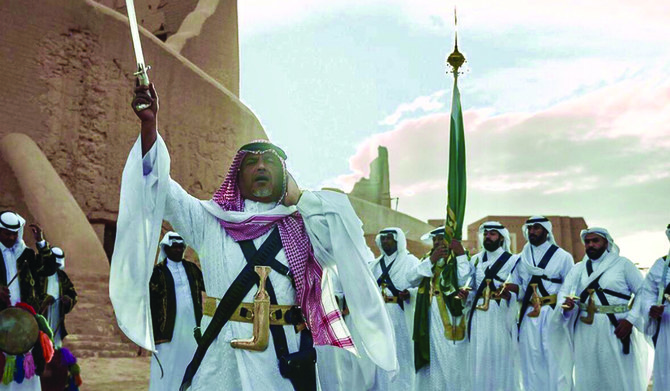yanomami.net – Saudi Arabia’s social reforms are part of a broader transformation aimed at modernizing the kingdom and diversifying its economy beyond oil. These reforms, initiated under the Vision 2030 plan, are reshaping the social fabric of Saudi society, moving it from a traditional to a more modern and inclusive way of life.
Women’s Rights and Empowerment
One of the most significant areas of social reform has been the enhancement of women’s rights and empowerment. In 2018, Saudi Arabia lifted the decades-long ban on women driving, marking a major milestone in gender equality. Additionally, women no longer require male guardians’ permission for various activities, such as traveling abroad, obtaining a passport, or accessing healthcare services. These changes have significantly increased women’s participation in the workforce and public life.
Entertainment and Cultural Activities
The kingdom has also witnessed a dramatic increase in entertainment and cultural activities. Previously, strict social norms limited public entertainment options. However, with the establishment of the Saudi Entertainment Authority, there has been a surge in concerts, cinemas, sports events, and festivals. For example, the Riyadh Season festival attracts international artists and performers, showcasing the kingdom’s newfound openness to global cultural influences.
Social Norms and Public Behavior
Social norms and public behavior have also evolved. The government has relaxed restrictions on mixed-gender gatherings in public spaces, such as restaurants and cafes. This has led to a more inclusive social environment, where both men and women can interact freely. Additionally, there has been a shift in dress codes, with many Saudis adopting more diverse and less restrictive clothing styles.
Education and Workforce Diversification
Education has been a focal point of social reform, with a push towards quality education and vocational training. The government aims to equip the workforce with the skills needed for the modern economy, focusing on technology, healthcare, and other growing sectors. This includes encouraging both men and women to pursue higher education and professional development.
Challenges and Resistance
Despite these reforms, there are challenges and pockets of resistance. Some conservative segments of society view these changes as too rapid and potentially disruptive to traditional values. The government must navigate these tensions while continuing to push for modernization.
Conclusion
Saudi Arabia’s social reforms are part of a comprehensive effort to modernize the kingdom and improve the quality of life for its citizens. By enhancing women’s rights, expanding entertainment and cultural activities, and promoting education and workforce diversification, Saudi Arabia is moving towards a more inclusive and progressive society. These changes are essential for achieving the goals of Vision 2030 and ensuring the kingdom’s long-term prosperity and stability.
